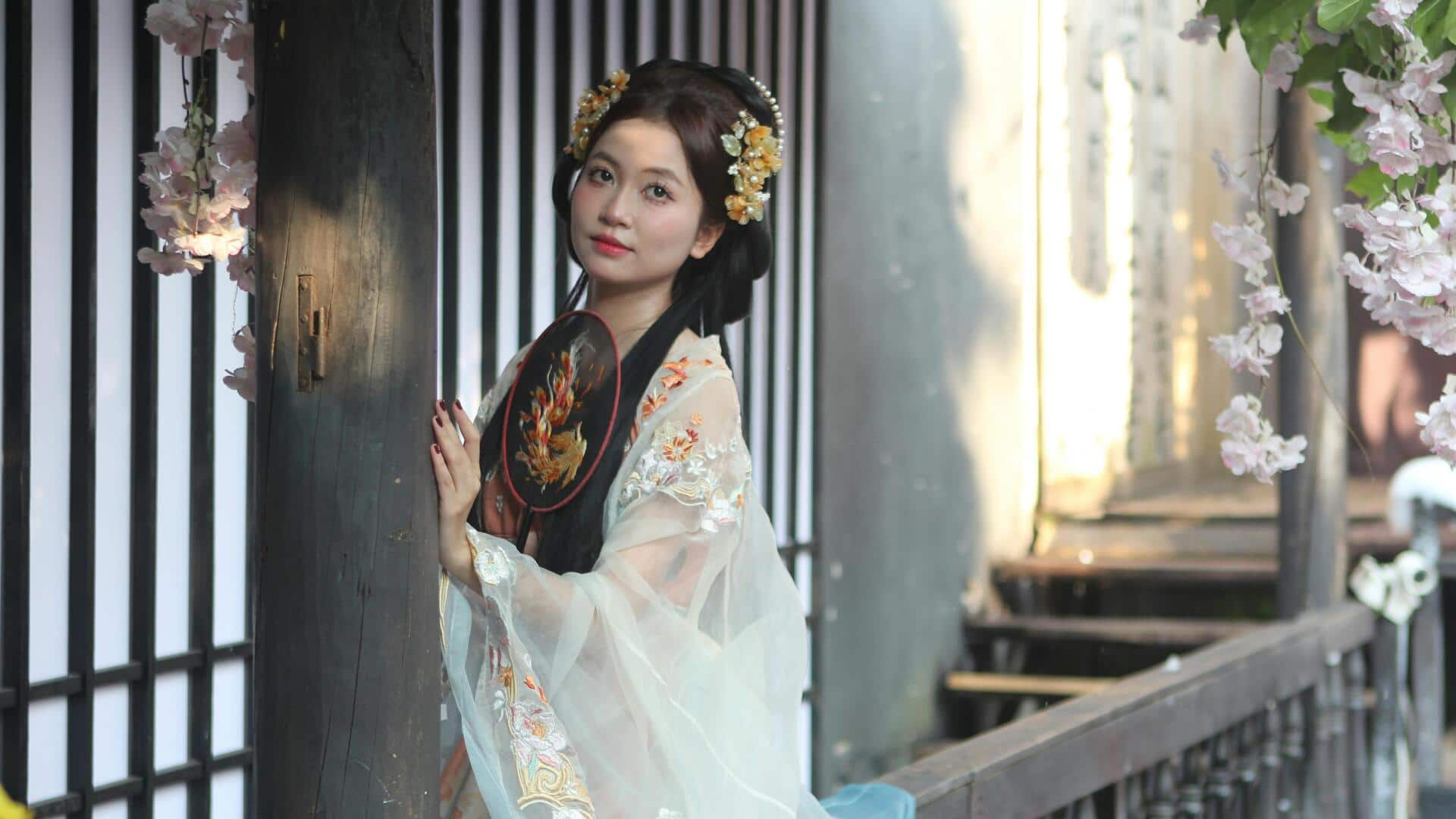
Why the Japanese tea ceremony is a masterclass in mindfulness
What's the story
The Japanese tea ceremony, or chanoyu, is a centuries-old tradition that goes beyond the simple act of drinking tea. It is an intricate ritual that emphasizes harmony, respect, purity, and tranquility. Every element of the ceremony has its own significance and is performed with utmost precision. Here are five unique traditions that make the Japanese tea ceremony a cultural treasure.
#1
The art of tea preparation
In the Japanese tea ceremony, the preparation of tea is an art in itself. The host prepares matcha with hot water in a bowl. This is done using a bamboo whisk called chasen. The process requires skill and patience to achieve the right consistency and flavor. Every movement is deliberate, reflecting the principles of mindfulness and focus.
#2
Seasonal themes in ceremonies
Seasonal themes play an important role in Japanese tea ceremonies. They dictate the choice of utensils, decorations, and even the type of sweets served with tea. For example, in spring, cherry blossom motifs may be used to celebrate the season's beauty. This practice not only connects participants with nature but also highlights the changing seasons' transient beauty.
#3
The role of utensils
Utensils used in a Japanese tea ceremony are carefully chosen for their simplicity and elegance. Each item has its own purpose, from the chawan (tea bowl) to the fukusa (silk cloth used for cleaning). These tools are often handcrafted by artisans who specialize in creating pieces that embody traditional aesthetics.
#4
Attire: Kimono significance
Participants usually wear a kimono during a tea ceremony as it represents respect for tradition and the formality of the occasion. The attire is usually chosen based on season or occasion, adding another layer of cultural significance to the event. Wearing a kimono also serves as a reminder to participants to embrace humility and simplicity during the ceremony.
#5
Zen influence on mindfulness practices
The influence of Zen Buddhism on Japanese tea ceremonies is evident in mindfulness practices incorporated into each session. Participants are encouraged to be present at the moment, letting go of distractions outside this serene environment. This focus on mindfulness promotes inner peace while fostering deeper connections between hosts and guests alike.